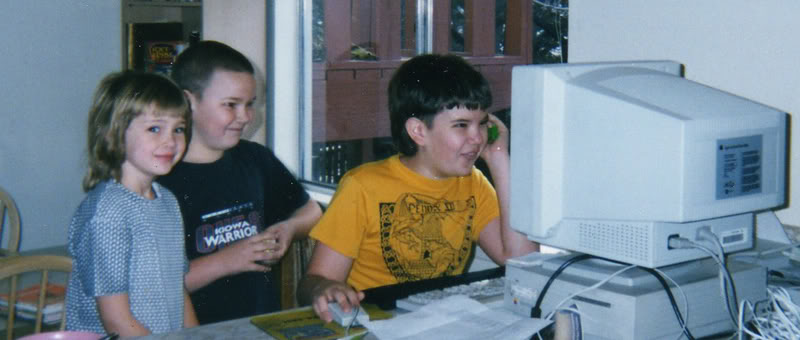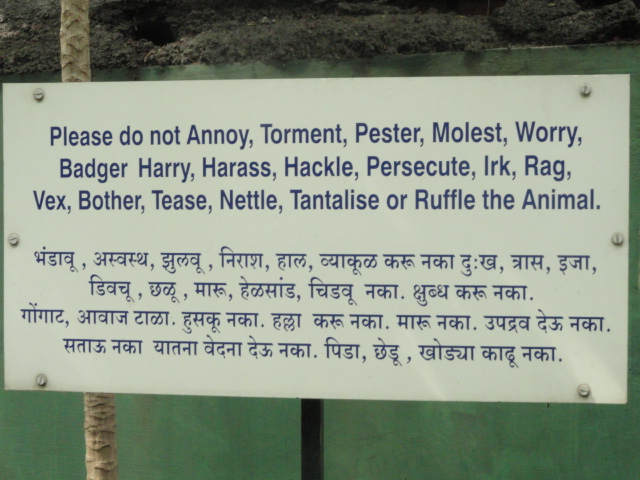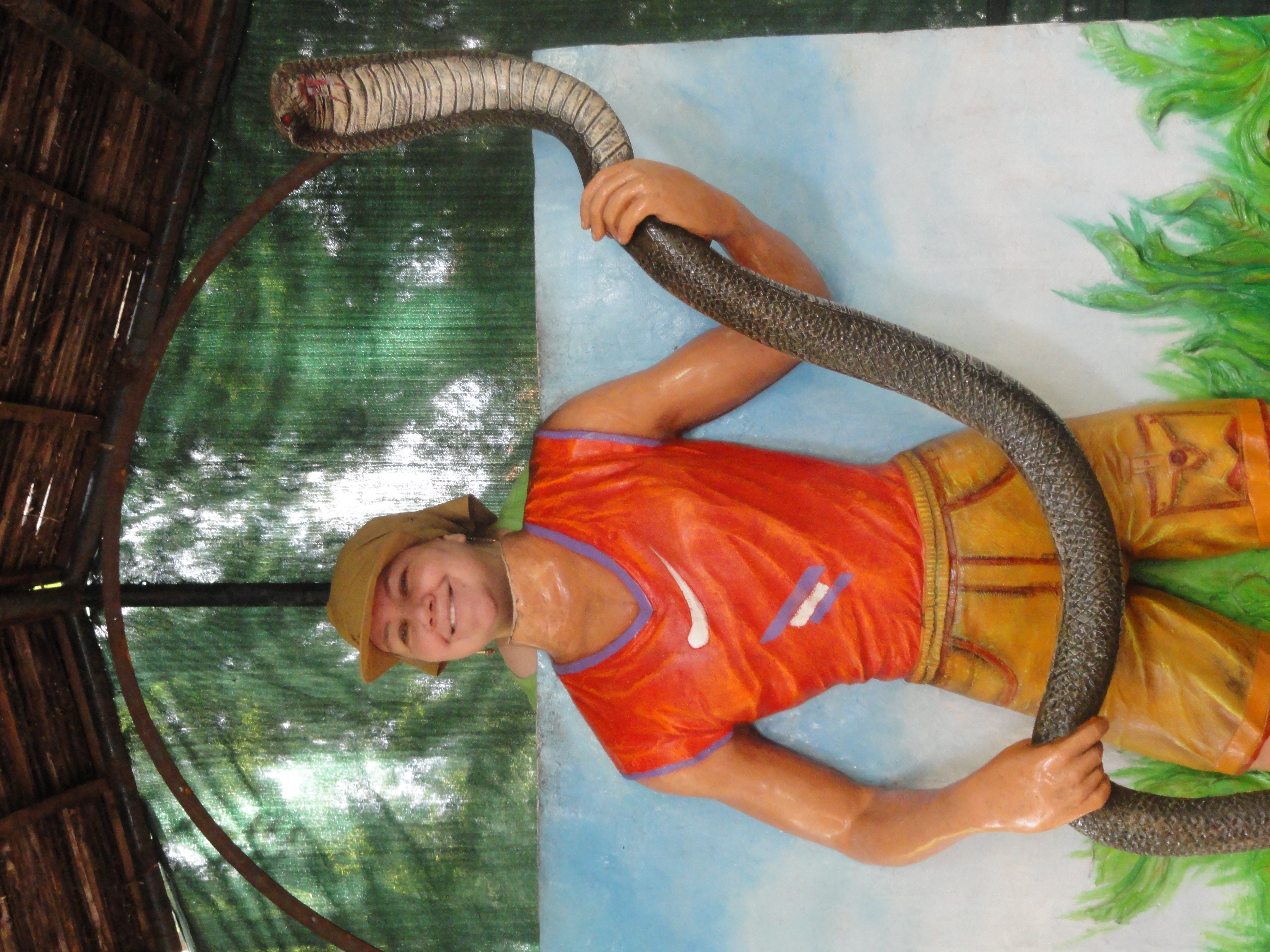
When someone wrote "I do worry about my boys playing computer all day," I responded:
I have three kids who have played hundreds of games among and between them—Holly learned two new card games just this month that nobody else in the family knows, even her dad who has been a big games guy all his life. There is no game called "computer." I think you mean playing ON the computer. HUGE difference.
We have dozens of nice board games here, and table games (games involving cards or other pieces, to be laid out on a table as play proceeds), but those aren't referred to as kids playing board, or kids playing table. The computer is not itself the game. There are games on the computer. There is information on the computer. It's not really a net. It's not really a web. It's millions of ideas, words, jokes, pictures, games, a ton of music and videos and.... But you know that, right?
Clarity can begin with being careful with the words you use. Thinking about what you write will help you think about what you think!!
Sandra
Thanks to Marcia Simonds for sharing that quote years back.
photo by Sandra Dodd, of my kids
playing Zoombinis in 1999


















